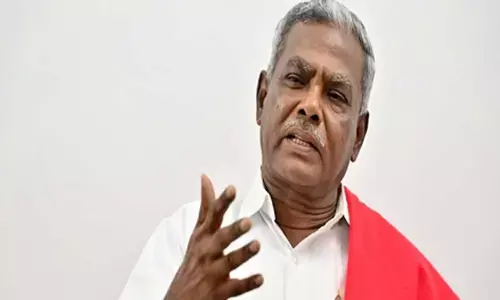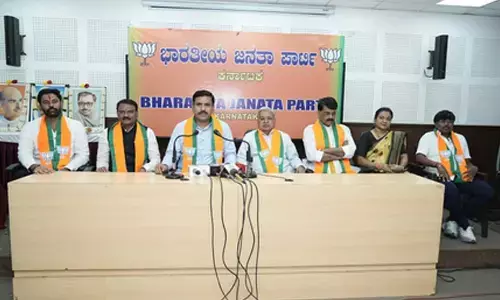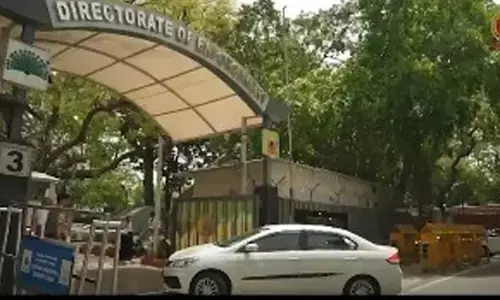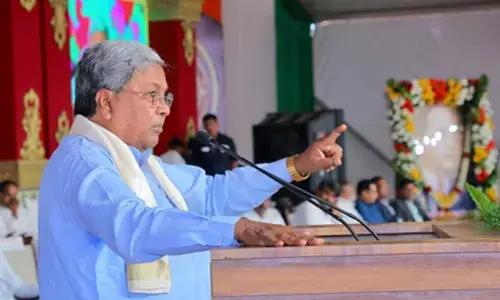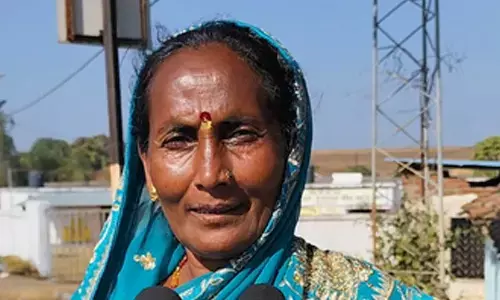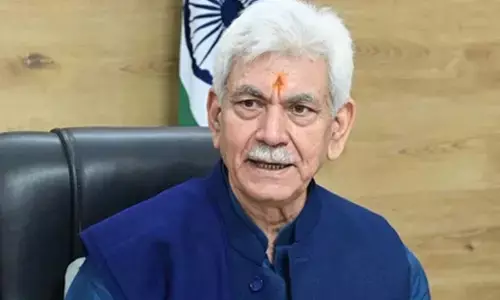Abrogation of Article 370 led to decline of terrorist incidents in Kashmir: New Army chief
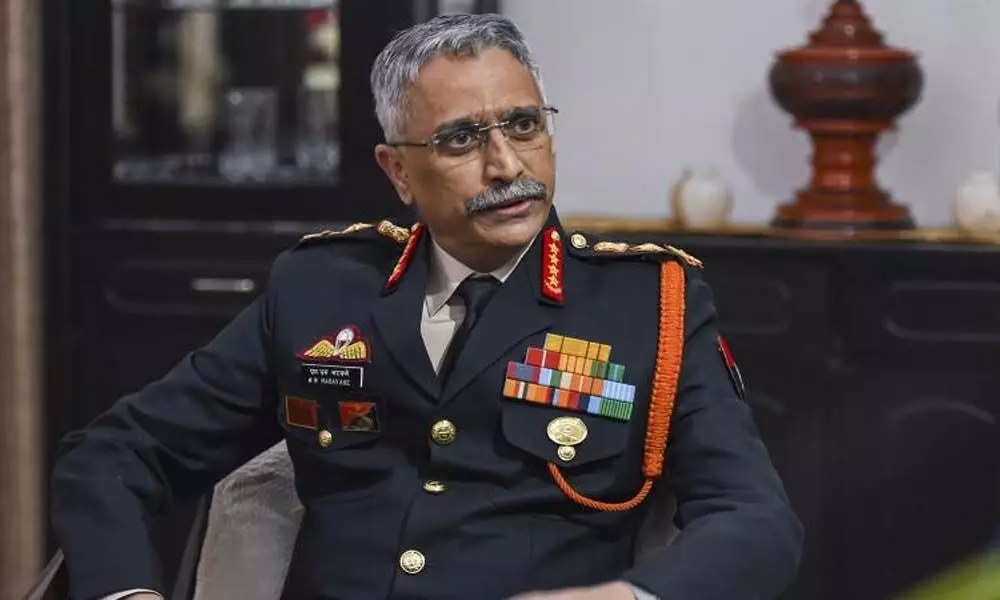
India reserves the right to preemptively strike at sources of terror threat if the neighbouring country does not stop state-sponsored terrorism, says General Naravane.
New Delhi: In a stern warning to Pakistan, new Army Chief Gen Manoj Mukund Naravane on Tuesday said India reserves the right to preemptively strike at sources of terror if the neighbouring country does not stop state-sponsored terrorism.
In an exclusive interview to PTI hours after taking charge of the 1.3-million-strong force, Gen Naravane also said the Army will enhance combat capabilities along the border with China so that it is fully prepared to deal with any challenge.
"The threat remains from both the northern and western sides. Over the last many years, we have been concentrating on our western borders while our northern border was at a little lower in priority. There was a need to rebalance and reprioritise," he said.
Giving an overall perspective of India's security challenges, he said the focus is being shifted from the western border to the northern border as part of "re-balancing of priorities".
On combating cross-border terrorism, Gen Naravane said a strategy of "resolute punitive response" was put in place to deal with Pakistan-sponsored terrorism and asserted that the situation in Kashmir improved significantly after the abrogation of Article 370.
"If Pakistan does not stop its policy of state-sponsored terrorism, we reserve the right to preemptively strike at the sources of the terror threat and this intent has adequately been demonstrated in our response during surgical strikes and Balakot operation," the Army Chief said.
He said an approach of zero tolerance to terror has already been showcased and a "new normal" in India's response mechanism has emphatically been underlined.
"The situation in the Valley has improved significantly after the abrogation of Article 370. Incidents of violence are coming down. The terrorists-initiated actions have come down. There is no doubt that there is a lot of improvement," the 28th Chief of Army Staff said.
"However the problem remains. It has not gone away. So we will always be ready whatever measures are required to deal with the challenges," he said.
Gen Naravane said the Pakistan Army's "all out efforts" to deflect attention from state-sponsored terrorism has been a total failure and that its proxy war design received a setback due to elimination of terrorists and decimation of terror networks by Indian forces.
Asked how he will deal with Pakistan-backed terrorism, he said, "Multiple options across the spectrum of conflict are on the table to respond to any act of terror sponsored or abetted by Pakistan."
Gen Naravane said Pakistan tried to draw global attention following India's decision to reorganise Jammu and Kashmir, but its efforts did not get any traction.
Referring to the rising number of ceasefire violations along the Line of Control (LoC), he said it is being done to keep alive the Kashmir issue.
On security challenges along the 3,500-km border with China, Gen Naravane said: "We will continue to improve capacity building along the northern border so we are prepared when the need arises."
"After the Wuhan summit, both nations have issued strategic guidance to their respective forces with an aim to maintain peace and tranquillity along the borders, locally resolve differences and not allow them to turn into disputes," he said.
"The guidance has manifested on the Line of Actual Control (LAC) and conduct of troops from both sides has been cordial despite some prevailing differences, differing perceptions of the LAC and some friction in sensitive areas," he said.
Referring to the appointment of a Chief of Defence Staff, he said it will greatly change the way the defence establishment operates and will bring about significant reforms in the entire military system.
His main focus as Army chief will be to make the force ready to face any threat at any time, the general said.
According to him, the bottomline for reforms in the Army will be to increase efficiency and operational readiness.
"Modernisation is a continuous process. Whatever we are doing, the start point is to increase efficiency and operational readiness," he said.









